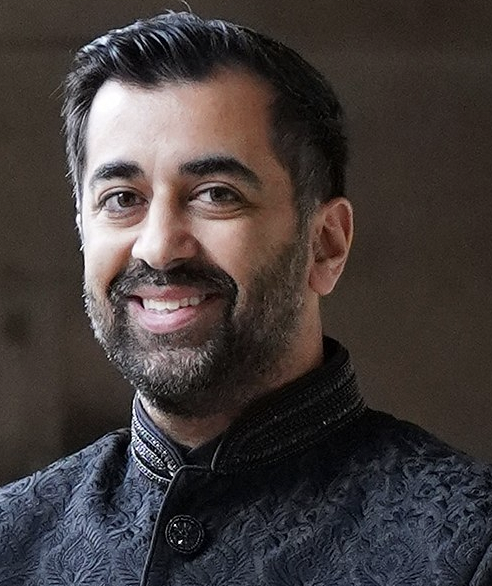
MSPs are poised to cast their votes on the Scottish government's proposed budget, following debates scheduled for Tuesday afternoon.
First Minister Humza Yousaf and Deputy First Minister Shona Robison have staunchly defended the budget proposals, which have already seen the approval of new income tax bands for higher earners. Finance Secretary Shona Robison announced these measures in December, with Holyrood subsequently passing them.
Mr. Yousaf emphasized that the budget allocates increased funding to critical sectors like health, education, and law enforcement. However, opposition parties have voiced concerns over potential spending cuts, particularly in areas such as housing.
Key elements of the £55 billion annual budget include a council tax freeze, with local authorities offered compensation totaling £147 million, along with additional funds for those freezing council tax.
Despite the promise of a year-long council tax freeze, tensions arose between the Scottish government and local councils due to a lack of consultation prior to the announcement. While some councils, like Argyll and Bute, have defied the freeze, others have adhered to it.
Finance Secretary Shona Robison's December budget announcement also introduced new tax bands, including a 45% rate for earners between £75,000 and £125,140, and a 48% rate for those earning over £125,000. These changes make Scotland's income tax system more progressive compared to England and Wales.
During the debate, Robison defended the tax adjustments, stating they would generate an additional £1.5 billion in revenue. She challenged critics to identify where equivalent cuts would be made if they preferred UK tax rates.
Additional proposals within the budget include increased funding for the Scottish Child Payment and allocations to cancel school meal debt. Funding for NHS boards is set to rise by £550 million, representing a 4.3% increase.
Opposition parties, however, have criticized the budget, labeling it a "desperate attempt" to address financial gaps. Concerns have been raised regarding the impact on public services, particularly the reduction in affordable housing budgets.
Despite facing pressures from reduced funding from Westminster, the Scottish government maintains its commitment to delivering 110,000 affordable homes by 2032. Photo by Scottish Government, Wikimedia commons.




































